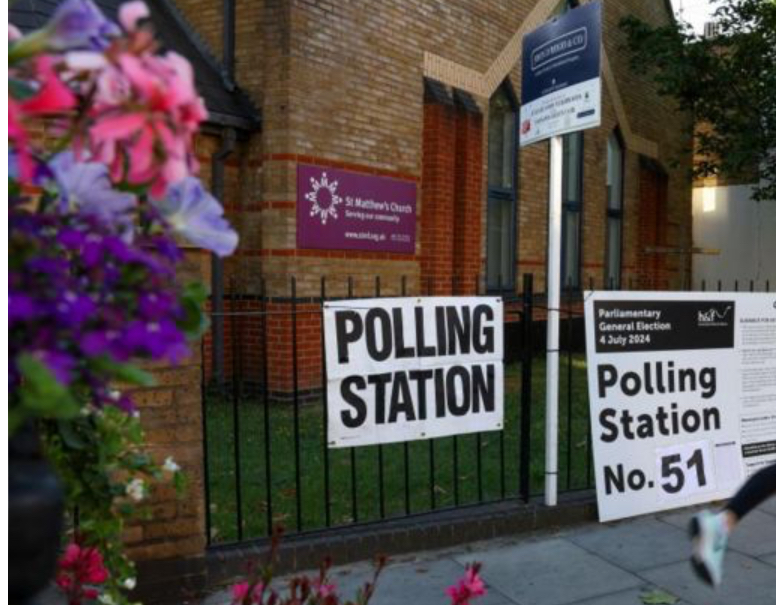Britain leaves the EU single market and customs union

AFP, London — Britain leaves the EU single market and customs union at 11 pm (2300 GMT) on December 31, which is midnight in Brussels.
As the free movement of goods and people across Britain’s borders with its neighbours comes to an end, AFP looks at how travel and trade with France will be affected.
Around 60,000 passengers and 12,000 trucks cross the Channel between Britain and France each day.
From January 1, British citizens arriving in the Channel Tunnel or ferry will have to produce a passport, which will be stamped. They can stay in the EU for 90 days in a 180-day period, after which they will need a visa.
The potential for travel chaos in the event of delays at the border was brought home to travellers on either side in the run-up to Christmas, when thousands of trucks remained blocked on roads leading to Dover after France temporarily closed the border over coronavirus fears.
Those transporting animal products or plants that require EU health checks will be directed on arrival to veterinary services.
The rest will be waved through, provided the forms filled out by the exporter online are in order.
From around 20 seconds per person currently in the British port of Dover — the main staging post for crossings to the Continent — travellers could be delayed for up to a minute on average after January 1, officials estimate.
Britons could also be subjected to immigration checks on arrival in France but French officials say they consider Britain a safe third-party country and will aim to keep traffic flowing as smoothly as possible.
French ports are also anxious to keep things moving, mindful that British travellers and hauliers could shift their custom to Belgium or the Netherlands if they face long delays in France.
France has spent some 40 million euros ($54 million) and hired 700 extra customs, immigration and veterinary staff to prepare for the return of a border with Britain.
Truck drivers whose shipments have incomplete paperwork or are subject to lengthier inspections will be ordered to park in one of the 6,000 new spots built to avoid logjams in and around France’s Channel ports.
On the British side the government has pledged 200 million pounds (222 million euros, $271 million) to help ports develop post-Brexit infrastructure.
It is also building huge lorry parks in southeast England. But it refused to fork out the 33 million pounds sought by the port of Dover to double the number of French passport inspection booths.
Dover port director Doug Bannister has warned of “friction and delays” at the port.
Roll on, December 31
Trucks loaded in the country of departure before 2259 GMT on December 31 will not be subject to the new controls, even if they cross the border after midnight.
Many British importers stocked up in December to avoid their consignments getting held up at the border in January.
As a result, French authorities are expecting January to be relatively calm.

















Facebook Comments